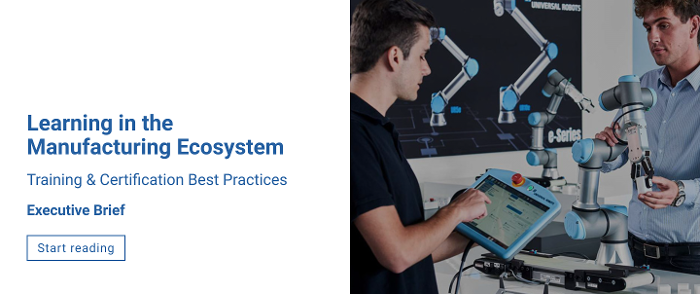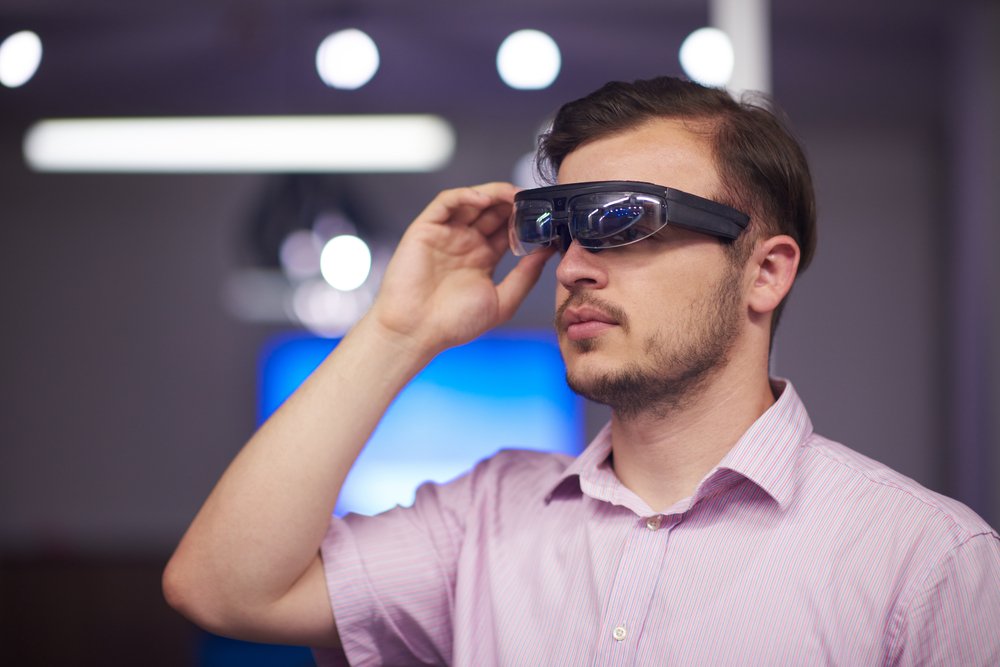One problem with how quickly new technology develops is that it can be difficult speaking in hard practical terms about what new tech can accomplish. By the time one innovation has been around long enough to produce hard results, there are five new things on the horizon promising even better returns. That's why we're glad when we come across pieces like this Forbes article talking about actual implementations that are very real - and very cool.
So let's talk briefly about how current Industry 4.0 and digital ecosystem initiatives can improve operations in the real world.
Blending Hands-On And VR Training
For example, a group called Orbis International have long been pioneers in helping create tools and assistance for blind people in business, putting them at the forefront of developing technologies for training. This isn't just for blind people, but also for those assisting the blind - such as eye surgeons. Orbis has been utilizing a high-tech blend of Virtual Reality (VR) and Augmented Reality (AR) along with lifelike props to create the most realistic surgery simulations ever seen before.
These simulations are also combined with somewhat more traditional eLearning initiatives for learning, complete with virtualized face-to-face consultations with experts, as well as quizzes and other reinforcement tools. All told, Orbis claims to have trained more than 7,600 optometrists across an amazing 183 countries in just 2019 - and most of it done virtually!
Embracing New Techniques in Factories and Warehouses
And innovations like this are certainly not only for medical fields! The Georgia Center of Innovation for Manufacturing has been doing extensive work with medium-sized operations, helping them implement improved workflows and training protocols. According to them, one of the biggest shifts has been in the democratization of new tech. Previously, it was almost always the largest companies pushing new innovations. However, smart technologies are available at more reasonable cost, and are being adopted by mid-sized operations who are leveraging their flexibility to their advantage.
This is something that larger operations need to be aware of! It's no surprise that large ecosystems have difficulty remaining flexible, but we haven't before seen a situation where it can be such a disadvantage. Smaller industrial concerns will be innovating as fast as they can to try to out-compete the big players - and if the larger operations can't keep up, they're going to be in trouble.
For groups able to adopt new technology quickly, it can improve their situation in numerous ways. Beyond remote learning tools and VR training, they can also utilize AR to improve speed and efficiency in other areas. For example, warehouse pickers using Google Glass or similar AR goggles can have enhanced views of the items around them, with their goggles converting bar/QR codes on boxes into more robust information.
Plus, of course, there are the cost savings to doing virtual instruction, rather than in-person training and seminars. Online video streams are far less expensive than global transportation!
LogicBay Puts You On The Road To Industry 4.0 Upgrades
If you see that smart use of new digital tools will be necessary to remain competitive, but you don't know how to start, LogicBay can help! We have more than a decade's experience helping operations of all sizes embrace Industry 4.0, digital content creation, and digital-based ecosystems. To kickstart your push into modernized digital processes, just contact us for a free consultation!.

